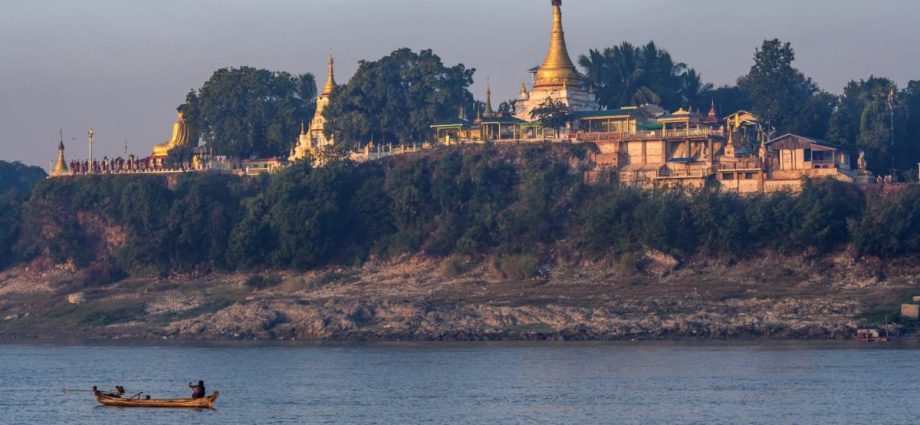
YANGON: Floods in northern Myanmar have trapped thousands of people in their homes and cut electricity and phone lines, residents and local media said on Tuesday (Jul 2), with the state weather office warning of more heavy rain.
After days of heavy rain in Myitkyina, a city in northern Kachin state, the Ayeyarwady River had risen above its “danger level”, according to state media.
Images on local media showed inundated buildings and people wading through neck-high water carrying their belongings over their heads.
“Water has been rising very quickly. Many residents are still stuck in their houses,” a Myitkyina resident told AFP, adding that electricity and phone networks had been down since Sunday.
“There has been a fuel shortage in town and rescuers are facing a lot of difficulties with reaching people by motor boat.”
Another Myitkyina resident said the lower floor of her house was underwater and that she was sheltering with neighbours until rescue teams could reach them.
The waters had receded slightly as of Tuesday morning she said, but it was still raining.
Local media said the floodwaters had trapped thousands of people in their homes, and the state weather office warned of more heavy rain in the coming days.
Downstream in the second city of Mandalay, the Ayeyarwady could rise from six to 10 feet in the first 10 days of July, it said.
During the June to October rainy season, landslides are a regular and deadly hazard for the thousands of migrant workers who travel to Kachin state to scrape precious metals and minerals from its hills.
Last month, a landslide at a rare earth mine killed five people and left at least seven others missing, a worker at the mine and local media reported.
The deluge comes just weeks after Myanmar baked in a record-setting heatwave, which sent the mercury to 48 degrees Celsius in some places.
The rainy season typically brings months of heavy downpours to the Southeast Asian country, but scientists say man-made climate change is making weather patterns more intense.

